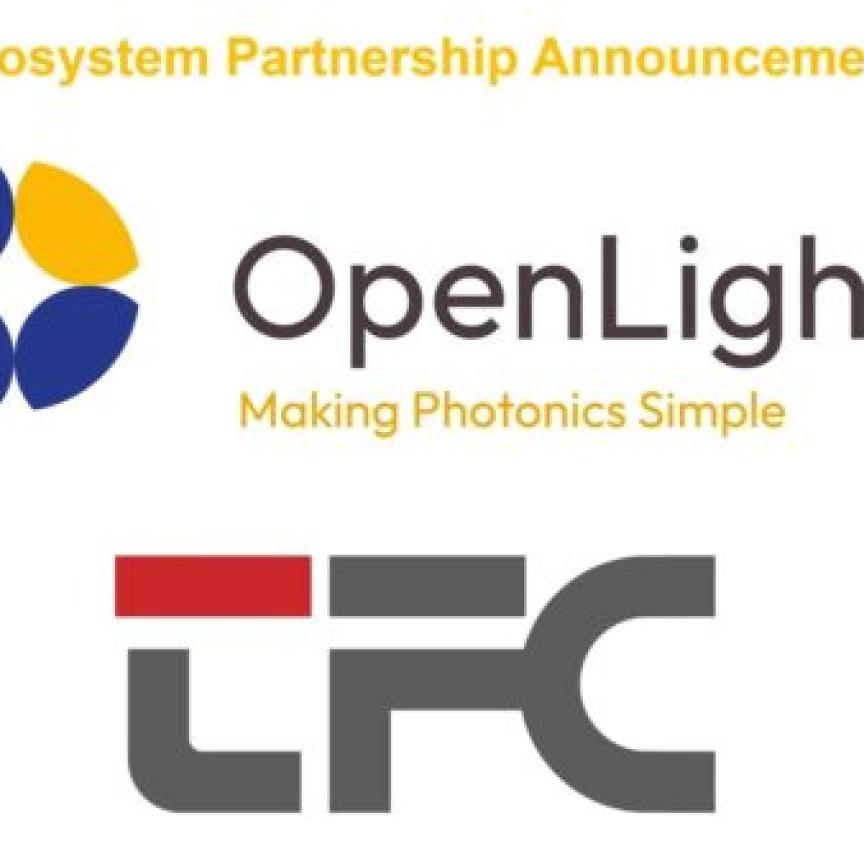Carlos Lee talks to Lars Rymell, CEO and founder of Swedish consultancy Eclipse Optics
What’s the background of founding Eclipse Optics?
In 1997 I graduated with a PhD in Physics from Lund University in Sweden and then continued with postdoc research at the Royal Institute of Technology in Stockholm, working on laser plasmas for microscopy and lithography. Originally, I planned to stay in academia but in the end, I decided to go into industry. I started as an optical consultant for a small development company working on optical design and then, in 2004, moved to Epsilon, where I worked in project management, marketing and sales, and in 2011 was appointed group manager.
A year later Epsilon became a part of ÅF AB, a large engineering consultancy, and I continued as manager of their optronics division responsible for sales and business development. Since I thought ÅF was way too big to work for, I started to think about pursuing an old dream of starting my own company. In 2014, together with four colleagues, I set up Eclipse Optics, and because I had the most business experience and had recruited the other founders, I was appointed CEO.
Our aims were twofold. First, to focus completely on optics design and photonics, and secondly, to create a culture of enterprise with a flat organisational structure, so everyone could enjoy their work by being able to participate in decision making, and feel involved in developing the company.
How has the company grown?
In the last six years, we’ve grown to a workforce of 20, all of us optical designers. In the beginning, we focused on Swedish customers and became profitable after only six months. We moved abroad to work on projects in Finland, Denmark and The Netherlands, and we’ve started to work with some of the big players like Polaroid. Our main application areas are consumer electronics, energy and the environment, medtech, safety and surveillance, and automotive.
We basically see ourselves as a design house, helping our customers develop optical and photonics products from initial design to the prototype and full production. Over the years we’ve completed hundreds of optical designs for products like state-of-the-art objective lenses and microscopes, but also optics for mass-produced consumer products.
We also use our advanced software to help customers develop LED lighting applications, and sensing and metrology applications for measuring distance, concentration, spectral content and velocity.
More recently we’ve moved into camera technology, using our expertise in optics and image sensor technology to offer services covering the whole value chain, from lens to finished image, including advanced image analysis like object detection and stereoscopic 3D.
What have been your main challenges?
Finding people with the right level of technical skills has been difficult. Although we have a good education system in Sweden, it’s not so good at producing people with knowledge of optics. We’ve had to find people with the potential to be an optical designer and train them ourselves. In fact, I’d say we currently provide the best education for optical design in Sweden.
A second and related challenge has been how to grow without prejudicing Eclipse’s culture of enterprise and participation in decision making, which we see as crucial for maintaining high levels of job satisfaction and for attracting and retaining personnel.
When there were only five of us, we all knew what each of us was doing and everyone felt involved in the company. But now we have different specialist departments like marketing, sales and quality assurance, which make it difficult to maintain the same level of involvement.
This is also a problem for me because, although I delegate and want people to take as much responsibility as possible, I have to manage my time well in order to have an overview of all the projects, and stay in touch with the issues facing each department.
How do you see the future of Eclipse Optics?
We want to grow – but only if we can maintain Eclipse’s enterprise culture and spirit of company involvement. One way to achieve this will be to have semi-autonomous hubs with 15 to 20 people in northern Europe and other countries, ultimately accountable to us in Sweden.
What advice do you have for the next generation of entrepreneurs?
First, start as soon as possible; I should have started years ago because it’s the most enjoyable thing I’ve done.
Second, talk to your customers and find out what they want and don’t try to do a hard sell; treat your customers as partners and involve them fully in what you’re doing right from the start.
Third, having worked in business a long time, I’ve got a wide network of experienced ex-colleagues and old friends who’ve provided me with invaluable advice. So, when you start out, it’s important to find mentors who can help you develop your ideas and make the right business decisions. A good way to do this is to join EPIC and take advantage of the expertise in their extensive network of more than 600 photonics companies.


